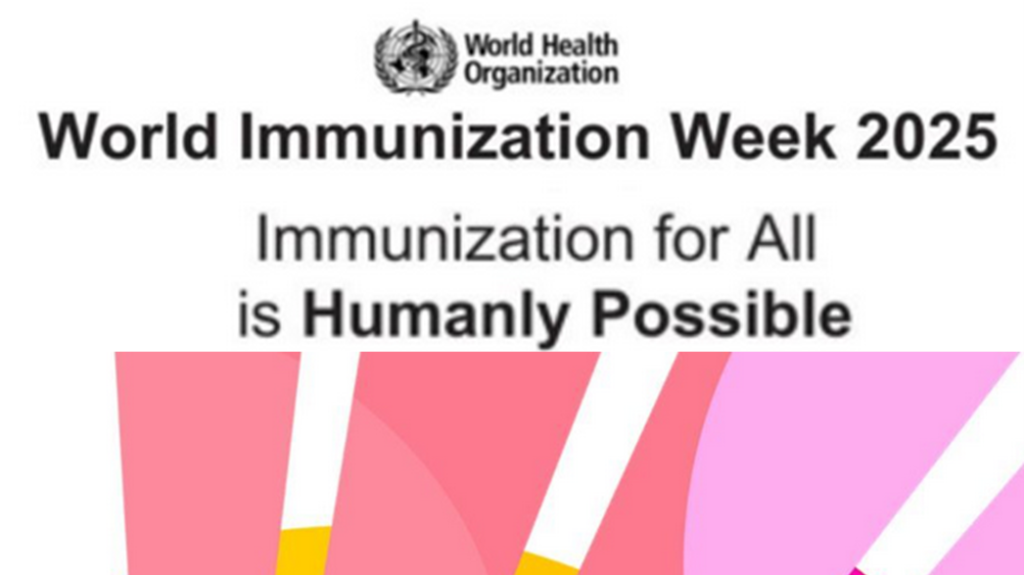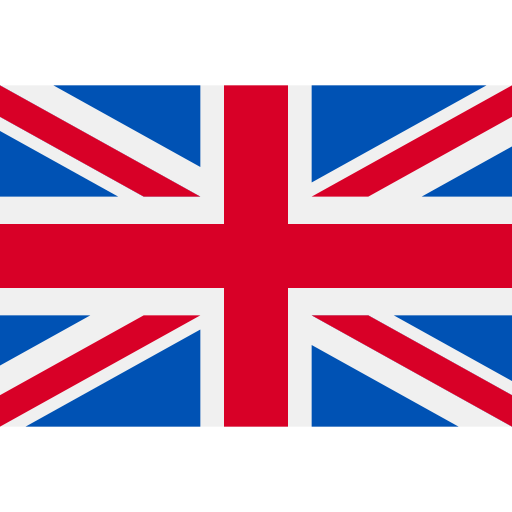“It's time for immunization for all”: World Immunization Week kicks off.
“Immunization for All is Humanly Possible” is the key message of World Immunization Week 2025, celebrated April 24-30 each year with the support of the World Health Organization, UNICEF and the European Centre for Disease Prevention and Control (ECDC). The goal is to promote vaccine equity all over the world, reaffirming the universal right to immunization as an essential Public Health measure. In parallel, European Immunization Week is also celebrated, with local, national and international initiatives aimed at boosting confidence in vaccines and combating misinformation.

Each year, the last week of April marks a crucial date in the global Public Health calendar when World Immunization Week draws collective attention to the strategic value of preventive vaccination. Promoted by the World Health Organization, and marked in Europe with European Immunization Week, this recurrence aims to refocus attention on the universal value of preventive vaccination in protecting individual and collective health.
The event honors one of the most extraordinary achievements of modern Public Health.

Indeed, vaccination has completely revolutionized the history of medicine, by enabling the eradication or containment of infectious diseases that once claimed millions of lives each year. These achievements do not belong to a distant past, but continue to have tangible effects on survival and quality of life in all parts of the world.
In this context, the slogan chosen for 2025, “Immunization for All is Humanly Possible,” is a statement of commitment and a joint vision that recognizes the right to health as a shared responsibility and the foundation of any resilient society. It is a principle that is intertwined with the goals of the United Nations 2030 Agenda, where health, equity and access to care are recognized as indispensable elements of human, economic and social development.
Ensuring equitable and sustainable access to vaccines, in fact, means not only protecting the individual and the community in which he or she lives, but also countering the health inequalities that even today, more than half a century after the first major global campaigns, continue to mark the fate of millions of people.
Since the inception of the Expanded Immunization Program, initiated by the World Health Organization in 1974, extraordinary progress has been made, making access to essential vaccinations possible for more than 85 percent of children in their early years. Yet despite these achievements, the global gap remains vast. More than 20 million children each year still do not receive full vaccine protection, exposing them to the risk of preventable diseases and exacerbating health inequalities.
The recent pandemic amplified pre-existing fragilities, undermining the steady delivery of vaccine services and facilitating the re-emergence of hesitation and mistrust. Immunization campaigns have suffered slowdowns or disruptions in many settings, with obvious repercussions especially for the most vulnerable groups. In a global climate marked by uncertainty and growing misinformation, it has become essential to restore centrality to the language of science, adopting a communicative approach that combines accuracy, transparency and sensitivity to different audiences, starting with health institutions right through to the media.
In the European context, the WHO Regional Office for Europe and the European Centre for Disease Prevention and Control (ECDC) continue to monitor and address critical issues on the continent, where vaccination coverage remains uneven across countries. Recent outbreaks of measles and whooping cough, even in high-density urban settings with advanced health care systems, reveal the extreme vulnerability of immune networks and the rapidity of the transition from a perception of safety to the real risk of new epidemic emergencies.
For this reason, it is increasingly necessary to adopt a life-course approach to vaccination, which goes beyond childhood to include adolescents, adults, pregnant women, and the elderly, each with specific immune protection needs.
Our country wholeheartedly supports World Immunization Week, highlighting the synergistic contribution of local institutions, health agencies, universities, scientific societies and civic realities. Through a wide range of initiatives-from awareness campaigns to vaccination open days, from educational activities in school settings to events in community venues a solid and inclusive network is being built, which aims to boost confidence in the health system and cultivate an active and informed public. At a time when trust in scientific knowledge is being tested, shared commitment to immunization becomes a concrete exercise in health democracy and civic responsibility, capable of combining the protection of the individual with the protection of the whole community.
Stay tuned to our website so as not to miss upcoming updates.




